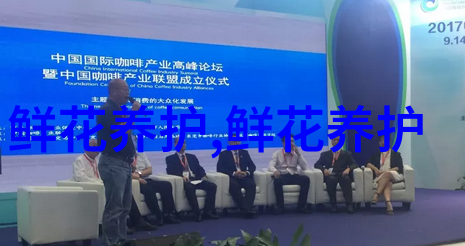改变教学方法的秘诀深入理解atid230算法原理
在数字化和人工智能的浪潮中,教育技术(EdTech)行业正经历着前所未有的飞速发展。各种各样的学习平台和工具不断涌现,它们旨在提高教学效率、个性化学习体验,并为学生提供更加广阔的知识探索空间。在这些创新工具中,有一个名字越来越响亮,那就是atid230。这是一个集成了先进人工智能算法的教育解决方案,它承诺能够彻底改变传统教学模式,让每一位学生都能从中学到最适合自己的知识点。

atid230:未来教育革命的代名词
atid230不仅仅是一个项目或产品,它代表了一个新的时代——一个基于数据驱动、个性化学习路径定义的时代。在这个时代,老师不再是唯一掌握知识的人,而是成为引导者、协助者;学生则从被动接受信息变成了主动探索者的角色。这种转变需要依赖于高级别的人工智能系统,这些系统能够分析大量数据,为每个学生定制最优解。

人工智能如何改写课堂
传统上,教师会根据固定的课程大纲来教授所有学生成绩较好的同学。如果我们用atid230这样的AI系统,我们就可以针对每个孩子进行不同的计划。AI将通过持续监控学生完成作业情况、参与讨论以及考试成绩等多种指标,以此来评估他们当前掌握的情况,从而调整下一步应该重点教授哪些内容。此外,还可以根据学生的心理状态,比如兴趣爱好或者压力水平,进一步调整教材和教学方式。

深入理解atid230算法原理
要真正改变教学方法,就必须深入了解背后支撑这一切的是什么样的算法原理。首先需要强调的是,这套系统并非简单地使用单一类型的人工智能模型,而是结合了多种机器学习技术,如决策树、随机森林甚至神经网络等,从而形成一种高度灵活且可扩展性的计算框架。这使得它能够处理复杂的问题,并提供出色的预测结果。

其次,在具体应用时,这套系统会收集大量关于用户行为数据,这包括但不限于点击记录、浏览时间以及与其他用户互动情况等,然后利用这些数据进行训练,使得模型逐渐变得更准确,更贴近实际需求。此外,对于一些特殊情况,如新兴热点话题或突发事件,该系统也能迅速更新其推荐列表,以确保最新资讯及时传达给用户。
实践中的挑战与机会

虽然拥有such a powerful tool as atid230 seems like a dream come true for educators and students alike, but it also comes with its own set of challenges. One of the most significant ones is privacy concerns. With so much data being collected and analyzed, there is always the risk that sensitive information could be leaked or misused.
Another challenge lies in the integration process itself. Implementing such a system into an existing educational infrastructure requires careful planning and coordination among teachers, administrators, IT staffs etc., to ensure smooth operation without disrupting daily teaching activities.
However, these challenges also present opportunities for innovation and improvement. For instance, by addressing privacy concerns through robust data protection mechanisms, we can create trust between users (both teachers and students) and AI systems. Similarly, by leveraging modern technologies such as cloud computing or edge computing to optimize performance while ensuring security can help us overcome integration difficulties.
未来的展望:个人化教育与社会责任
The future of education will undoubtedly be shaped by innovations like atid 230 which bring together technology's potential with humanity's wisdom. As we continue to explore new ways of learning through AI-driven tools like this one, we must not forget our responsibility towards society - to use these advancements in a way that benefits everyone equally regardless of their socio-economic backgrounds or geographical locations.
This means investing in research on how best to make personalized learning accessible across different contexts; developing open-source platforms that allow communities around the world access cutting-edge technologies; collaborating closely with governments policymakers organizations non-profit groups etc.,to ensure inclusive development strategies are put into place.
In conclusion though changing traditional teaching methods may seem daunting especially when faced with technological complexities but harnessing power from tools such as atiD 2:30 offers endless possibilities for personalizing education making it more engaging efficient effective thereby creating better educated global citizens who are equipped to tackle complex problems solve them creatively lead change contribute positively shaping our collective future generations ahead